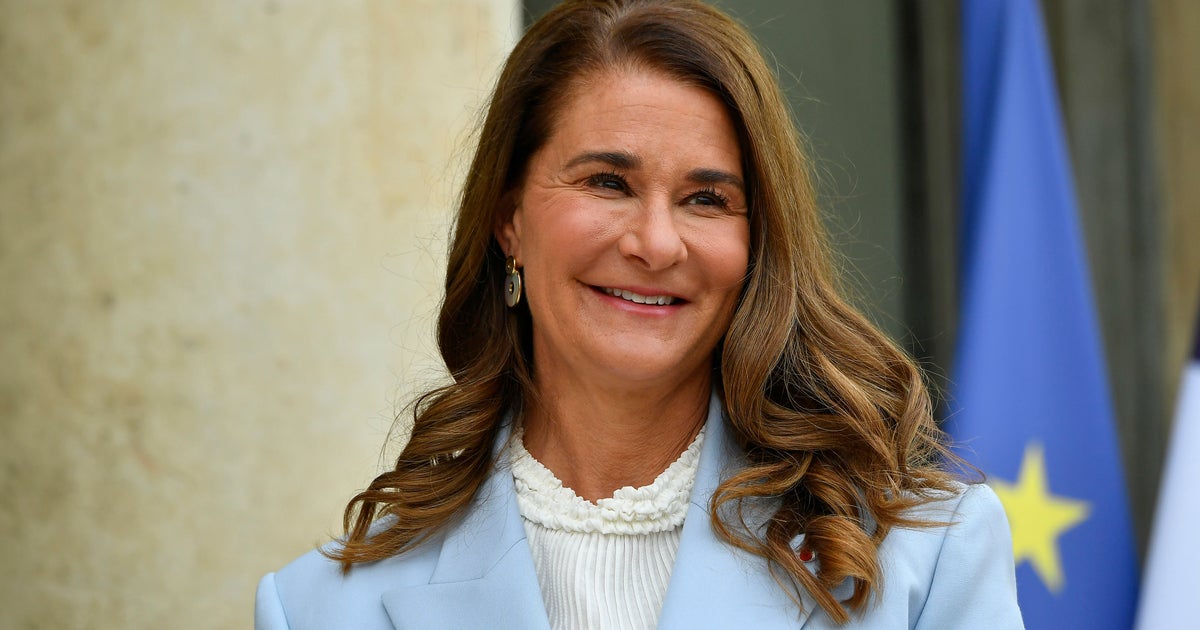Descendants of suffragists talk about the importance of women's voices in 2024
Over a century ago, women in the United States were finally granted equal voting rights by the 19th Amendment. Decades later, their descendants are carrying on the family tradition and fighting for women's rights.
Michelle Jones Galvin is the great-great-great grand-niece of Harriet Tubman, who is best known for her work freeing slaves from the Confederacy. Galvin has worked with her own mother to share Tubman's story. The two are the authors of "Beyond the Underground: Aunt Harriet, Moses of Her People," which details Tubman's achievements, including her lesser-known work as a commander of armed military missions during the Civil War, and her efforts as a suffragist.
Tubman co-founded the National Association of Colored Women in 1896, which fought for the equality of women of color who had otherwise been left out of the suffrage movement.
"There was a mainstream movement (of) predominantly white women," Jones explained. "We know that there were African-American suffragists as well. Aunt Harriet's voice with regard to voting rights for women really spanned both of those contingents. They came together around the right to vote."
Even when women couldn't legally vote, Susan B. Anthony, president of the National Woman Suffrage Association, did so — but then was arrested.
"She never did go to jail or pay a fine," said Susan Whiting, her descendant. Whiting was named after Anthony, who was her great-great-grandmother's niece. "She wouldn't pay it, she never did pay it."
Whiting has followed in her ancestor's footsteps by chairing the board of the National Women's History Museum in Washington, D.C. There, she tries to educate the public about the women who were significant contributors to American history, and inspire young people to make their own change.
Author and public historian Michelle Duster is a descendent of one of those significant contributors. Her great-grandmother was the investigative journalist Ida B. Wells, who exposed the horrors of lynching in America and worked tirelessly to battle racism and advocate for suffrage.
"As a woman, as an African-American she had to fight at every front in order to have full citizenship," Duster explained. "She was threatened. Her life was threatened, and she dealt with a lot of violence, she dealt with a lot insults, people tried to discredit her, and so it was not an easy thing for her to do because she speaking out about the power structure in this country."
Duster has been working to preserve her great-grandmother's legacy for future generations by writing and editing books about Wells, including a children's book. She also helped develop a set of Chicago murals dedicated to suffrage.
"Given what's going on in our country right now, there's a great need for people to learn about the past," Duster said. "Everybody needs to have their voice heard."
This year, amid a nationwide attack on reproductive rights, many believe it's the women's vote that could decide the 2024 presidential election.
"I think the lessons that we can learn today is what Aunt Harriet and our founding mothers would say about voting, and that is 'Make sure that you do it, make sure that you take your voice to the ballot box,'" Galvin said.




